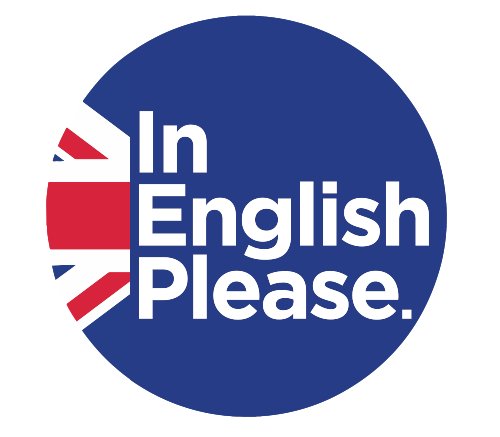12. Wish

Learn about wish!
This section is really important to talk about things you want to to and things you wanted to do and much more.
Wishes about the present and future:
1 Wish + Past Simple is used to express that the situation should be different in the present (or near future) and you want to be different!
○ I wish I spoke Italian. (I don’t speak Italian)
○ I wish I had a big car. (I don’t have a big car)
○ I wish I were on a beach. (I’m in the office)
○ I wish it were the weekend. (It’s only Wednesday)
2. wish + past continuous is used to express that we want to be doing a different action in the present (or future).
○ I wish I were lying on a beach now. (I’m sitting in the office)
○ I wish it weren’t raining. (It is raining)
○ I wish you weren’t leaving tomorrow. (You are leaving tomorrow)
Note:
In spoken English, sometimes we use “I wish I was …”. However, “I would like to be …” and “I would like to be” are commonly used. With this form, the above examples would be:
- I wish I was on a plane.
- I wish it was a celebration.
- I wish I was resting now.
- I wish it wasn’t so complicated.
Wishes about the past
Wish + past perfect is used to express a regret, or a situation that we want to be different in the past, that we cannot change.
- I wish I hadn’t eaten so much. (I ate a lot)
- I wish they’d come with us. (They didn’t come)
- I wish I had studied harder. (I was lazy while at university)
Wish + would
Wish + would is used to express impatience, anger, or dissatisfaction with an ongoing action.
- I wish we would stop wasting time.
- You are wasting time at the moment and it is not good for you. I wish you would stop wasting your precious time.
Note: We can also use “If only” in place of “I wish” to express the same thing. The meanings are very similar, but you could consider that “if only” is more hypothetical.
Wish and hope
Expressing that you want something to happen in the future (you do not want the situation to be different and do not imply impatience or irritability) hope is used instead of wish.
- I hope it’s a beautiful sunny day tomorrow.
“I wish it were a sunny day tomorrow” is not correct.
- I hope he passes the entry test next week.
“I wish he were passing his entry test next week” is not correct.
